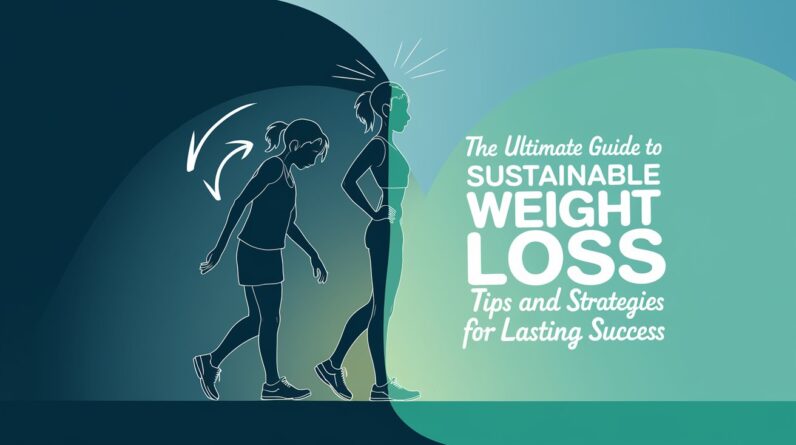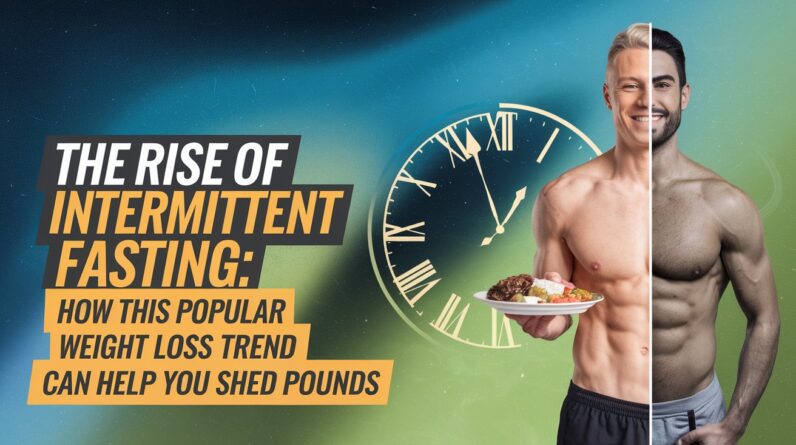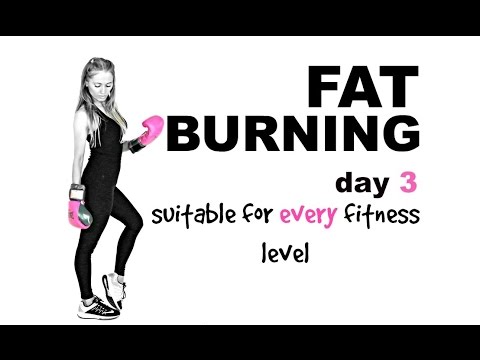
Introduction: Why Sustainable Weight Loss Matters
In today’s world, we’re bombarded with quick-fix diets, miracle pills, and endless weight loss fads promising instant results. However, many of these solutions fail in the long term because they aren’t sustainable. To achieve and maintain a healthy weight, it’s essential to adopt sustainable habits that fit into your lifestyle for the long haul. In this guide, we’ll explore the key strategies for losing weight in a healthy, effective, and most importantly, sustainable way.
1. Focus on Nutrient-Dense, Whole Foods
When it comes to weight loss, the quality of your food is just as important as the quantity. A sustainable approach to eating involves prioritizing nutrient-dense, whole foods that nourish your body and support overall health. These include:
- Fruits and Vegetables: Packed with vitamins, minerals, and fiber, fruits and veggies are low in calories and high in nutrients. They’re essential for filling you up without adding too many calories.
- Lean Proteins: Protein is vital for maintaining muscle mass, which helps burn more calories even at rest. Opt for lean sources like chicken, turkey, fish, eggs, and plant-based proteins like beans and lentils.
- Whole Grains: Unlike refined grains, whole grains are rich in fiber and can keep you fuller for longer. Choose oats, quinoa, brown rice, and whole-wheat bread instead of their processed counterparts.
- Healthy Fats: Fats aren’t the enemy! Healthy fats from sources like avocados, nuts, seeds, and olive oil can keep you satiated and support heart health.
By incorporating these whole, nutrient-dense foods into your diet, you’ll not only support weight loss but also improve your overall health. Avoid overly processed foods, which are often high in empty calories, unhealthy fats, and added sugars.
2. Practice Portion Control: It’s Not Just What You Eat, But How Much
One of the most effective tools for sustainable weight loss is portion control. Even if you’re eating healthy foods, consuming too many calories can stall your progress. Here are some practical tips for managing portions:
- Use Smaller Plates: A simple trick to reduce portion sizes is to use smaller plates and bowls. This helps visually reduce the amount of food you’re eating without leaving you feeling deprived.
- Mindful Eating: Pay attention to hunger and fullness cues. Slow down while eating, savor each bite, and stop eating when you feel satisfied, not stuffed. Avoid distractions like TV or smartphones while eating.
- Meal Prep and Pre-Portioning: Preparing meals and snacks ahead of time allows you to control portion sizes and avoid overeating. Use measuring cups or a food scale to ensure you’re eating the right portions.
Over time, portion control becomes second nature, helping you manage your calorie intake without feeling restricted or deprived.
3. The Importance of Hydration: Water as Your Weight Loss Ally
Staying hydrated is essential for both health and weight loss. Often, our bodies mistake thirst for hunger, leading to unnecessary snacking. Drinking plenty of water throughout the day can help reduce cravings and keep your metabolism functioning efficiently.
Here are a few hydration tips:
- Drink Water Before Meals: Drinking a glass of water before meals can help you feel fuller and prevent overeating.
- Carry a Water Bottle: Keeping a reusable water bottle with you at all times can remind you to stay hydrated. Aim to drink at least 8 glasses of water a day, or more if you’re physically active.
- Limit Sugary Drinks: Sugary beverages like soda, energy drinks, and sweetened coffee can add hundreds of empty calories to your diet. Swap them out for water, herbal tea, or sparkling water with a slice of lemon or lime for flavor.
Water is a powerful ally in weight loss—helping to curb hunger, boost metabolism, and keep your body functioning optimally.
4. Consistency is Key: Make Physical Activity Part of Your Routine
Exercise plays a crucial role in sustainable weight loss by helping you burn more calories, build muscle, and improve overall health. However, the key to success is finding physical activities that you enjoy and can stick with long-term. Consistency matters more than intensity when it comes to exercise.
Here are some ideas to incorporate physical activity into your routine:
- Strength Training: Building muscle through strength training (such as weightlifting, resistance bands, or bodyweight exercises) can boost your metabolism and help you burn more calories, even when at rest.
- Cardio Workouts: Engage in cardiovascular activities like walking, cycling, swimming, or jogging. Cardio helps burn calories and improve heart health.
- Mix It Up: Combining different forms of exercise keeps things exciting and targets different muscle groups. Try alternating between yoga, Pilates, swimming, and high-intensity interval training (HIIT).
- Set Realistic Goals: Start with small, achievable goals and gradually increase the intensity and duration of your workouts. Consistency is far more important than perfection—aim for at least 30 minutes of physical activity most days of the week.
The most effective exercise routine is one that fits your lifestyle and is enjoyable enough to stick with over time.
5. Get Enough Sleep: Rest and Recovery Are Critical
One often overlooked factor in sustainable weight loss is sleep. Lack of sleep can hinder weight loss efforts by disrupting your hormones, increasing cravings for unhealthy foods, and slowing down your metabolism.
Here’s why sleep matters:
- Regulates Hunger Hormones: Poor sleep disrupts the balance of hunger hormones (ghrelin and leptin), making you feel hungrier and less satisfied after meals.
- Boosts Recovery: Sleep is essential for muscle recovery and overall body repair after workouts. Without adequate rest, your performance during exercise can suffer, and you may be more prone to injury.
- Improves Mood and Willpower: Sleep deprivation can lower your willpower, making it harder to resist unhealthy foods and stick to your diet. Getting 7-9 hours of quality sleep each night can enhance your ability to make healthier choices.
Make sleep a priority by creating a calming bedtime routine, maintaining a consistent sleep schedule, and optimizing your sleep environment.
6. Manage Stress: The Role of Stress in Weight Loss
Stress can have a significant impact on weight gain and loss. When you’re stressed, your body releases cortisol, a hormone that increases appetite and can lead to overeating, especially of comfort foods high in fat and sugar. Managing stress is key to avoiding emotional eating and achieving sustainable weight loss.
Stress Management Techniques:
- Practice Mindfulness: Meditation, yoga, and deep-breathing exercises can help reduce stress levels and improve emotional regulation.
- Engage in Physical Activity: Exercise is not only great for weight loss but also for stress relief. Even a brisk walk can help lower stress levels.
- Set Boundaries: Create healthy boundaries in your life to avoid burnout and excessive stress. This might include taking breaks from work, practicing self-care, or learning to say no when necessary.
Learning to manage stress can prevent the emotional eating that often derails weight loss efforts.
Conclusion: Small Changes Lead to Big Results
Sustainable weight loss isn’t about drastic changes or extreme diets—it’s about making small, manageable shifts in your daily habits. By focusing on nutrient-dense foods, portion control, hydration, physical activity, sleep, and stress management, you can achieve your weight loss goals and maintain them for the long term. Remember, consistency is key, and the journey to a healthier you is one step at a time.






